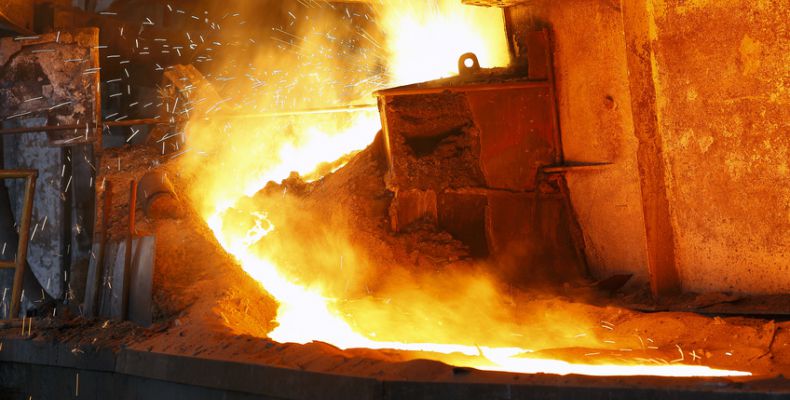Swiss Steel says it achieved solid results in a challenging environment last year, despite an 11% decrease in sales volumes to 1.663 million tonnes, down from 1.863mt in 2021. Revenue was €4.05 billion ($4.28 billion), up 27% year-on-year, while adjusted Ebitda was €217 million, up 13%.
Elevated price levels for raw materials and energy throughout 2022 put pressure on operational performance, Kallanish hears from the maker of special bar quality steels. It responded to these developments by adjusting production volumes to energy availability, costs and lower market demand. Price increases were passed on to markets through energy surcharges.
Following the implementation of these surcharges combined with high raw material prices, average sales price rose sharply, by 42% to €2,438/tonne in 2022. Price increases were spread across all product groups, the company notes.
The war in Ukraine, ongoing supply chain issues amplified by lockdowns in China, and increasing energy prices affected demand from two main customer segments, automotive and mechanical engineering, it says.
In addition, operations were impacted by the stoppage of the Ugine mill following a crane collapse in January 2022, with a severe negative effect on the group’s full-year profitability and cash flow. Melt shop production ramped up to approximately 65% capacity in June, but then dropped, only reaching full capacity again in the first quarter of 2023, Swiss Steel says.
Christian Koehl Germany






